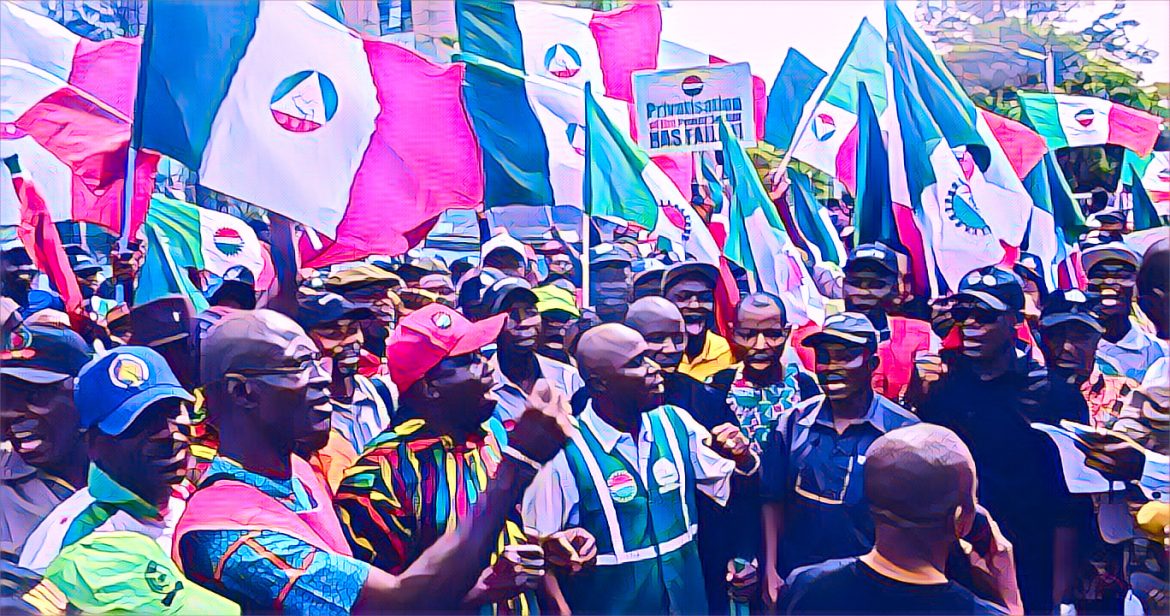Labor unions in Nigeria have called for a substantial increase in the minimum wage through a nationwide protest that has caused severe disruptions across multiple sectors. After negotiations failed and the Labour action intensified, the federal government, acting through the Ministry of Information and National Orientation, has publicly urged the unions to return to the negotiating table.
Mohammed Idris, the Minister of Information and National Orientation, released a statement on Monday urging a return to dialogue. He emphasized the government’s commitment to a “measured and realistic” approach in the ongoing wage discussions, facilitated by a Tripartite Committee involving representatives from the government, labor unions, and the private sector. Idris highlighted the government’s desire for a peaceful resolution and readiness to engage in constructive discussions to find a favorable outcome for all involved.
“The government is not your opponent at this negotiating table. We are united by the fact that we want the best for the Federal Republic of Nigeria and for all 200 million citizens of the country,” Idris conveyed in his statement. He shared how the leadership of the National Assembly had already met with the unions and further invitations were extended to continue the discussions.
The labor unions, however, have proposed a new minimum wage of N494,000, which is a 1,547 percent increase from the existing wage. The Minister addressed the economic concerns related to such a drastic increase, explaining that it would translate into an annual wage bill of N9.5 trillion for the federal government alone. This figure does not account for the additional financial burdens it would impose on subnational governments and private sector employers. Idris warned that such a wage bill could potentially cripple the Nigerian economy by causing massive job losses, particularly in the private sector.
The government also highlighted that any new minimum wage agreement would bind not just public sector workers but also those in the private sector, thus the reality of its broader implications must be factored into any negotiated agreement. Further in his statement, Idris noted the government’s efforts to ease financial pressures on Nigerians through various initiatives, including the National Consumer Credit Scheme and the Nigerian Education Loan Fund (NELFUND). These programs are designed to help reduce the cost of living and support citizens in managing their financial needs more effectively.
Negotiations have been challenging. The strike was declared by the Nigeria Labour Congress (NLC) and the Trade Union Congress (TUC) following a last-minute intervention by the National Assembly that failed to resolve the issues. During a subsequent meeting, government representatives and the organized private sector proposed doubling the existing minimum wage to N60,000 per month. However, this proposal did not satisfy the union leaders, who then exited the meeting to conduct further consultations.
Despite these setbacks, the government has scheduled another meeting for Friday, June 31, 2024, hoping it will lead to a breakthrough. This meeting is seen as a critical opportunity for both sides to potentially reconcile their differences and develop a solution that balances economic sustainability with the welfare of Nigerian workers. President Bola Ahmed Tinubu has expressed a firm commitment to ensuring the negotiations result in a resolution that is “right, reasonable, and sustainable.”


